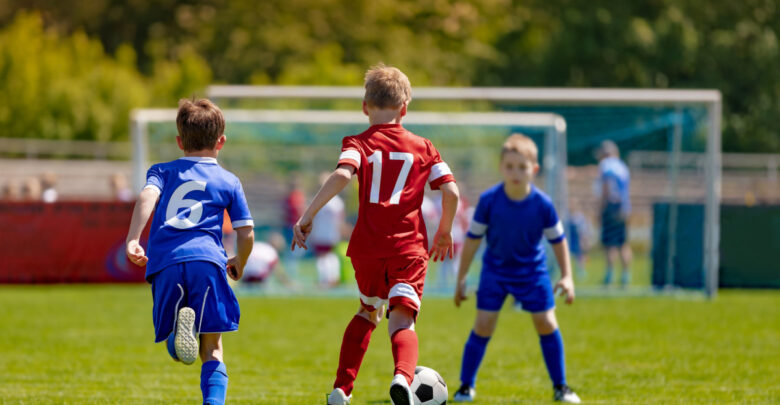
Children should be encouraged to participate in sporting activities not just because it is good for their physical health. Aside from the fact that it creates opportunities for exercise which will combat medical conditions, including obesity, sports have been proven to teach children valuable lessons. Those who participate in sports are more social and more confident.
The lessons that children learn from sporting activities during their youth are carried well into adulthood.
In fact, children who played sports may grow up to become successful adults in the future. Through sports, children gain the necessary skills that will be useful years later when they finally enter the workplace.
Leadership Skills
Leadership is a skill that is gained through experience. A leader is not just appointed to guide a group through an obstacle, they have the capacity to inspire others to work together and do their best to achieve a common goal.
A child exposed to young sports gain leadership skills early in their lives. When they join a team, they do not spend their time playing. They also often get involved in brainstorming sessions to come up with sports fundraising ideas or organize practice matches between two teams.
On the court, players have to be responsible for their actions and command their teammates to be able to play as a unit, not as individuals. Although a coach will be by the side, steer everyone toward the path of victory, most of the time, the players make the decision on whether to pass the ball to a teammate or attempt a score on their own. It requires serious leadership skills to excel in youth sports.
There are not a lot of opportunities in children’s lives that can allow them to develop leadership skills.
Conflict Management Skills
If there are multiple people within a team, chances are, conflicts will arise. Sports are competitive, but, when a child has experience playing with other kids, it can teach them how to deal with conflict calmly.
On the court, emotions are heightened. When one player makes a mistake, another player may react badly. It happens when the stakes are high and, therefore, everyone is desperate to do the right thing and win.
The same can happen in the workplace. When a project for an important client goes awry, it might turn into conflict. A person who was involved in sports during their childhood knows how to deal with pressure. They know how to diffuse a tense situation because they can think on their feet and figure a solution despite the pressure.
Time Management Skills
Children involved in sports also have to juggle assignments and extra-curricular activities. It can be hectic, but it can also teach a valuable life lesson that would be useful when they join the workforce: time management. A person who has time management skills do not waste an entire afternoon staring at their computer screen, scrolling through their social media timelines. No, they do their work successfully and still have time to spare for their hobbies.
This is a skill that many employers desire, but not a lot of adults have. It boosts productivity and ensures a healthy work-life balance.
Resilience
Children will go through different disappointments and failures throughout their life. It should not dissuade them from trying to achieve their goals.
Kids who have lost a game in their youth may develop emotional and mental resilience. They may become upset if they did not get what they want, but they also realize that losing can happen, and they can work harder in order to improve.
It is a valuable lesson because they would not be winning all the time. In school or at the office, they will encounter failure. Their actions will be criticized. They should be able to accept these realities with grace and turn them into opportunities to become better.
Healthier Kids, Successful Adults
There have been studies that looked at the effect of youth sports among children. In 2014, a survey was conducted that involved 400 corporate executives. They were asked if they played sports at some point in their lives. Mostly all respondents (94%) had a background in sports and over half of them (61%) attributed their success to playing sports in their youth.
Another study looked at the background of vice presidents in the fortune 500 companies. It found that 95% participated in youth sport during their high school years.
Sports, alone, will not make your child the next Bill Gates or Elon Musk. However, it does expose them to different experiences that build character and instill in them important life skills that will help them achieve success throughout their lives.
www.delreport.com







